US forces prepared to fight in Ukraine if conflict ‘escalates’: Report
US military forces have made preparations to enter Ukraine and fight alongside Kiev's troops against Russian forces amid soaring tensions between Russia and the US-led NATO alliance, according to a report.
CBS News reported on Friday that the US Army's elite 101st Airborne Division would not hesitate to enter Ukraine should the ongoing conflict "escalate', triggering fighting between Russian and NATO forces.
"In all, about 4,700 soldiers from the 101st Airborne's home base in Fort Campbell, Kentucky, have been deployed to reinforce NATO's eastern flank," CBS added. The light infantry unit is trained to deploy within hours, ready to fight.
The unit's commanders told CBS that the elite US forces were currently participating in a military drill in neighboring Romania and were prepared to cross into Ukraine if fighting in Ukraine extended to "NATO territory".
The US commanders noted that the objective of the Army's 101st Airborne Division's current deployment in Europe, the first since WWII, was “to defend NATO territory.”
"We're ready to defend every inch of NATO soil”, the unit's deputy commander Brigadier General John Lubas told CBS News.
We're "closely watching" the Russian forces, "building objectives to practice against" and conducting drills that "replicate exactly what's going on" in the war, Colonel Edwin Matthaidess, commander of the 2nd Brigade Combat Team was quoted by CBS as saying. He added that he and his troops were currently the closest American forces to the fighting in Ukraine.
Russia launched its "special military operation" in eastern Ukraine with the objective of liberating the pro-Russia regions of the country in late February.
Since the start of the conflict, Ukraine's leader Vladimir Zelensky has been attempting to pull the US-led NATO forces into the Ukraine conflict, calling on the West to conduct “preventive strikes” against Russia.
The United States has claimed that Washington has no plan for a "preemptive strike" against Russian targets over the Ukraine conflict.
When asked about the Ukrainian leader’s latest attempt to prompt the West to join its military forces with Ukraine in the fight against Russian troops, State Department Principal Deputy Spokesperson Vedant Patel said that the administration of US President Joe Biden has repeatedly stated that it has no intention of taking direct part in the conflict.
“As long as the United States or our allies are not attacked, we are not going to get directly engaged in this conflict either by putting American troops to fight in Ukraine or attacking Russian forces,” he reiterated.
Patel insisted that Washington’s response to the matter was “very clear.”
NATO Secretary General Jens Stoltenberg warned Russia against the possible use of nuclear weapons in the Ukraine conflict.
Russian President Vladimir Putin would be crossing a “very important line” if he were to order the use of nuclear weapons in Ukraine, Stoltenberg warned last week.
He added that “even any use of a smaller nuclear weapon will be a very serious thing, fundamentally changing the nature of the war in Ukraine, and of course, that would have consequences.”
Last month, Stoltenberg had warned that a deliberate attack against even the allies' infrastructure would be met with a determined response. Stoltenberg's made the remark after Russian gas pipelines were "sabotaged".
"Any deliberate attack against Allies’ critical infrastructure would be met with a united and determined response," NATO said in a statement.
On September 26, the Nord Stream 1 and 2 pipelines, which were built to deliver Russian natural gas directly to Germany, sustained heavy damage following a series of powerful underwater explosions near a Danish island in the Baltic Sea surrounded by Sweden, Germany and Poland.
While some Western countries accused Russia of being behind the explosions in the pipelines, Moscow blamed the damage to the pipelines on Western countries. In particular, Moscow pinned the blame for the explosions on the United States.
Israeli rape victim and former captive says Hamas felt safer than Israel
VIDEO | Press TV's news headlines
VIDEO | 'War on Iran is only just beginning' ft. Laith Marouf
VIDEO | Gaza’s economy collapses due to Israeli war
VIDEO | Israel rejects US-approved Gaza technocratic committee
‘Narcissistic psychopath’: Netizens mock Trump over letter to Norway PM on Nobel Prize
Israeli forces demolish UNRWA buildings in occupied East al-Quds
Trump lashes out at allies over Greenland, shares private texts online


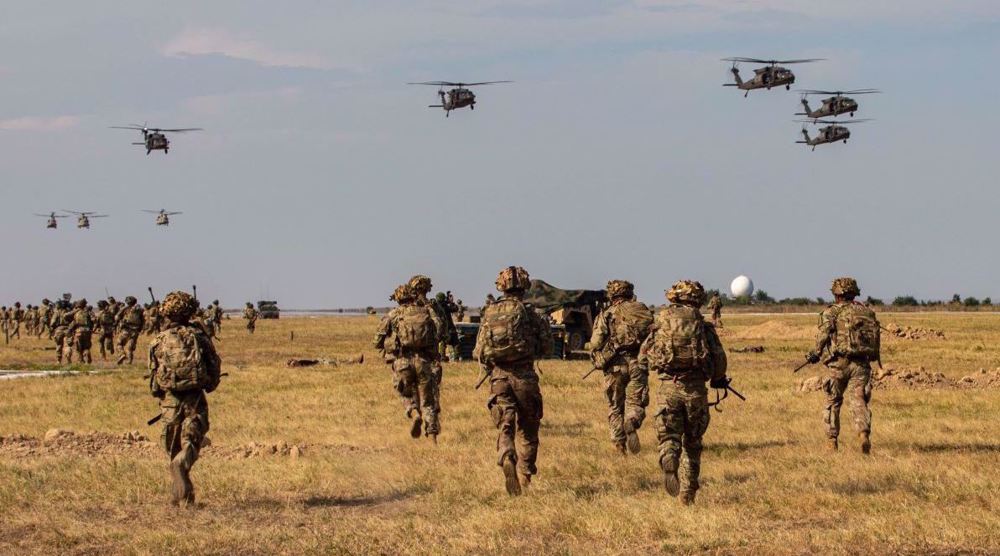
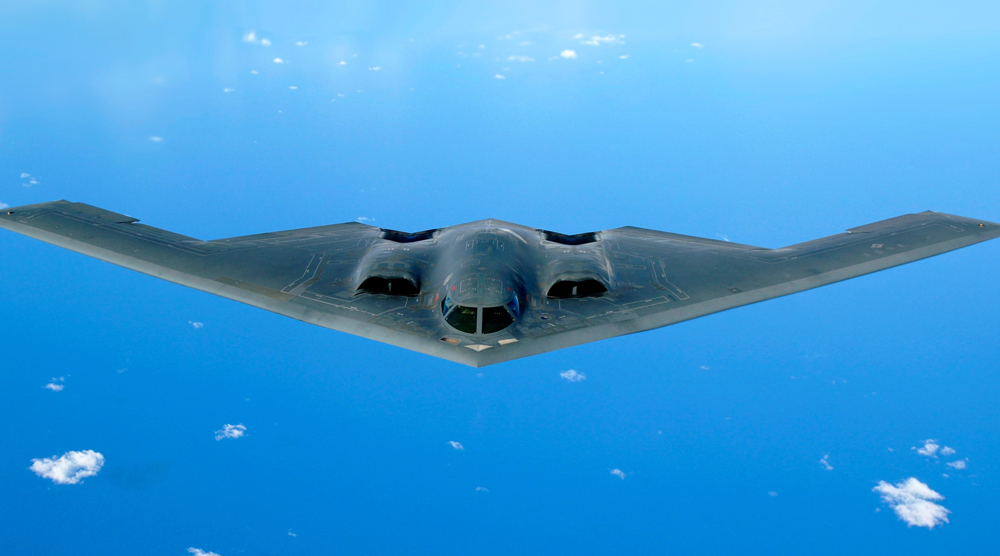
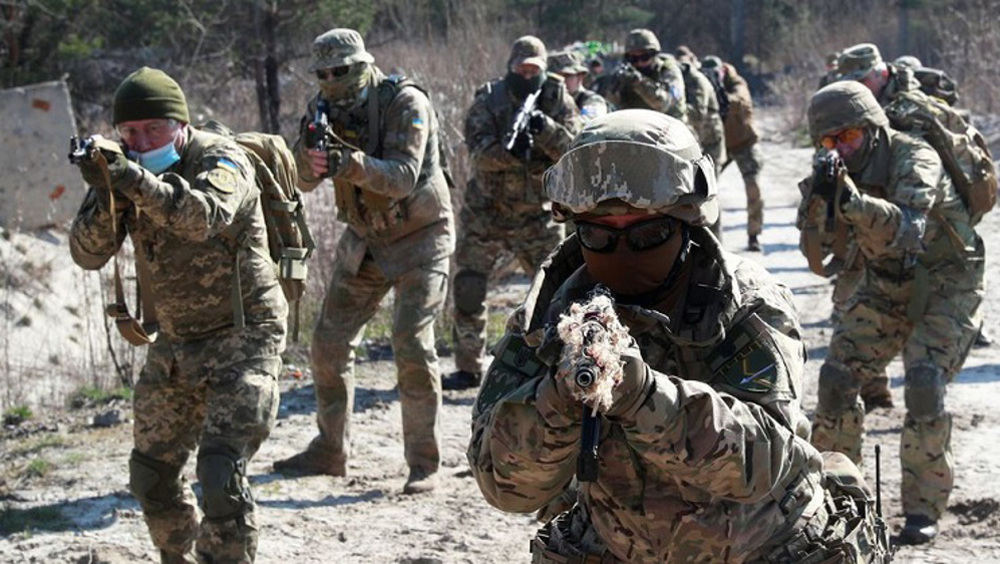
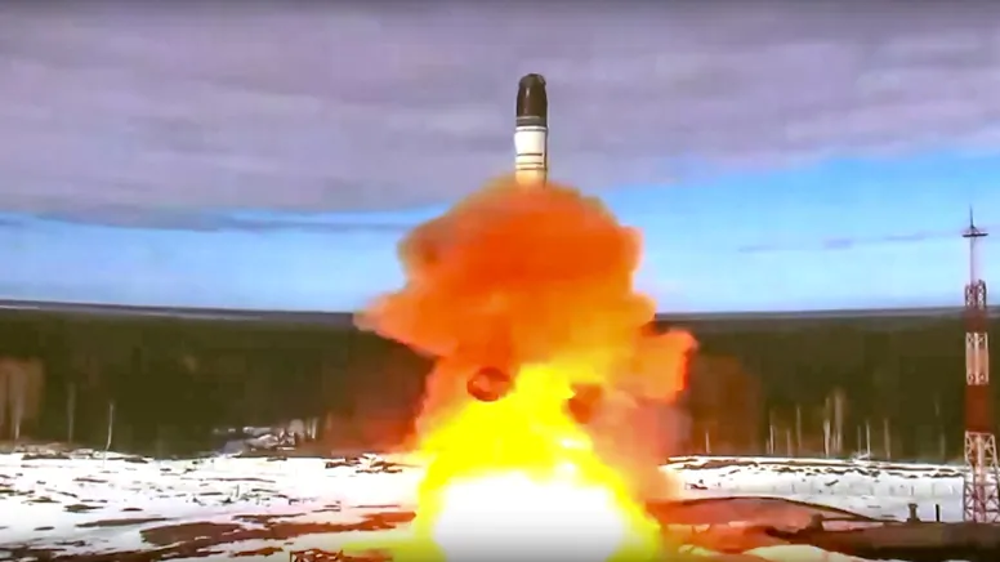
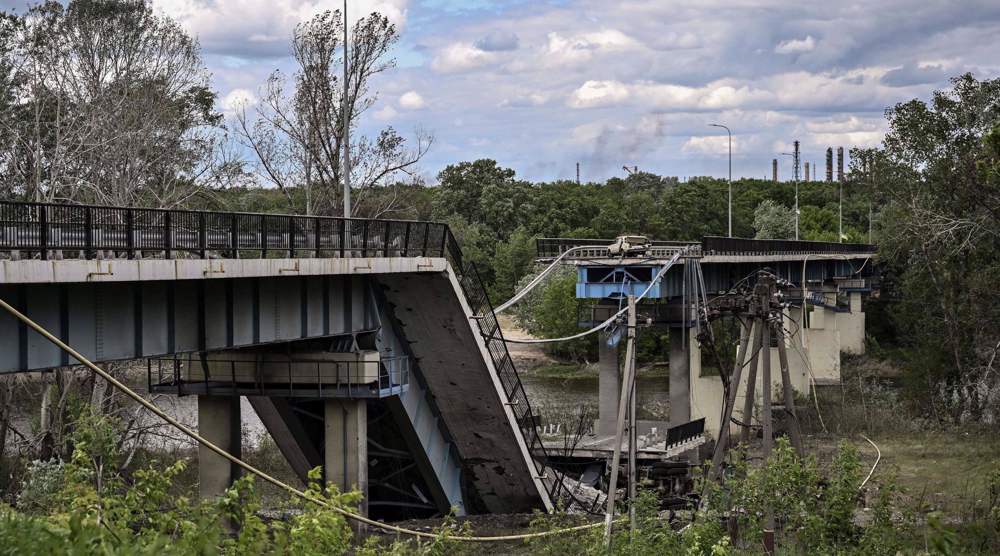
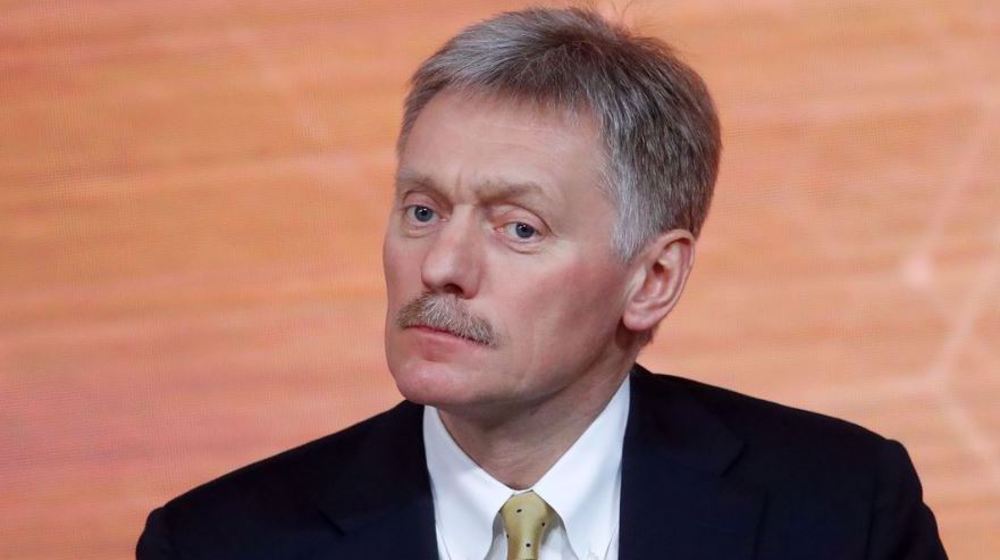
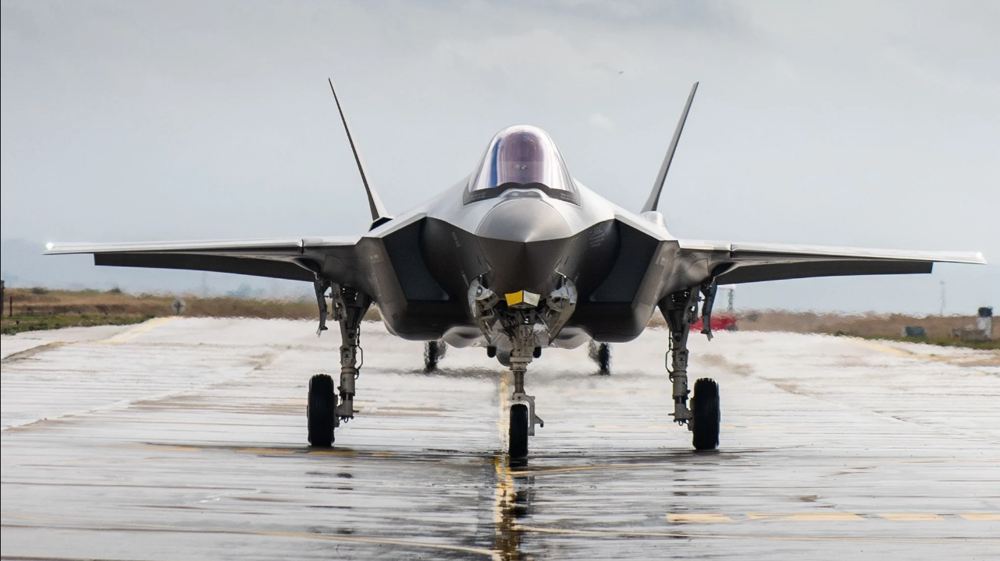
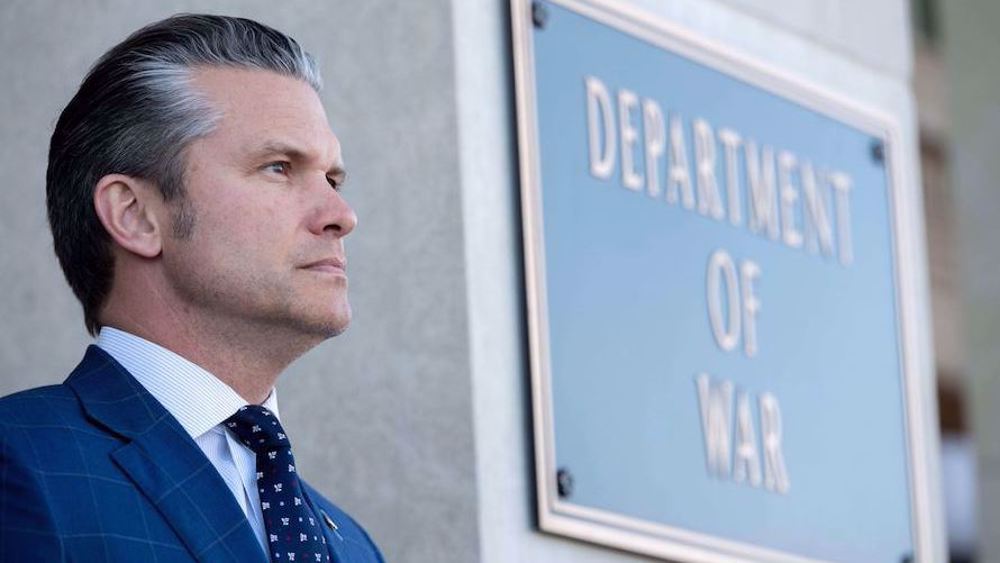
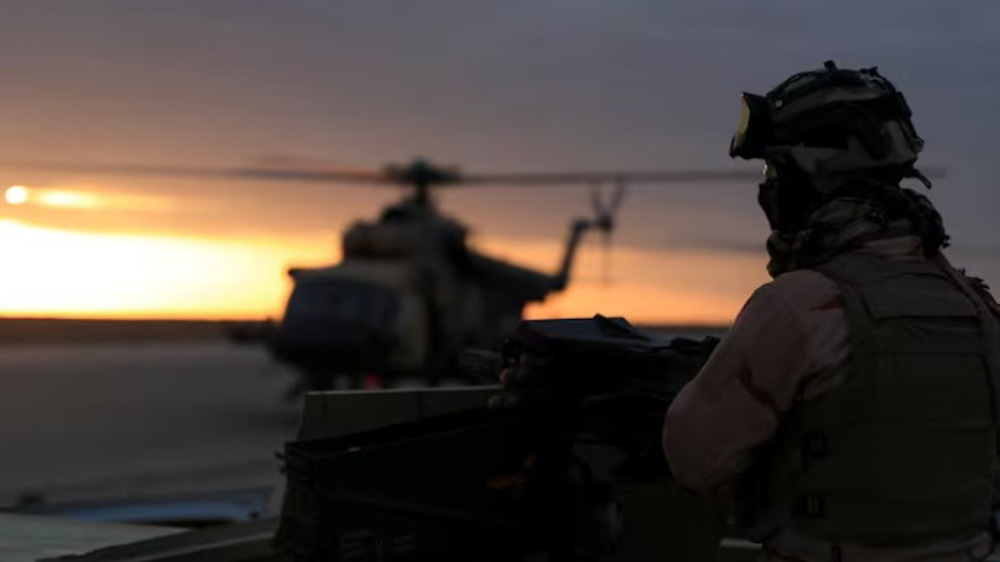



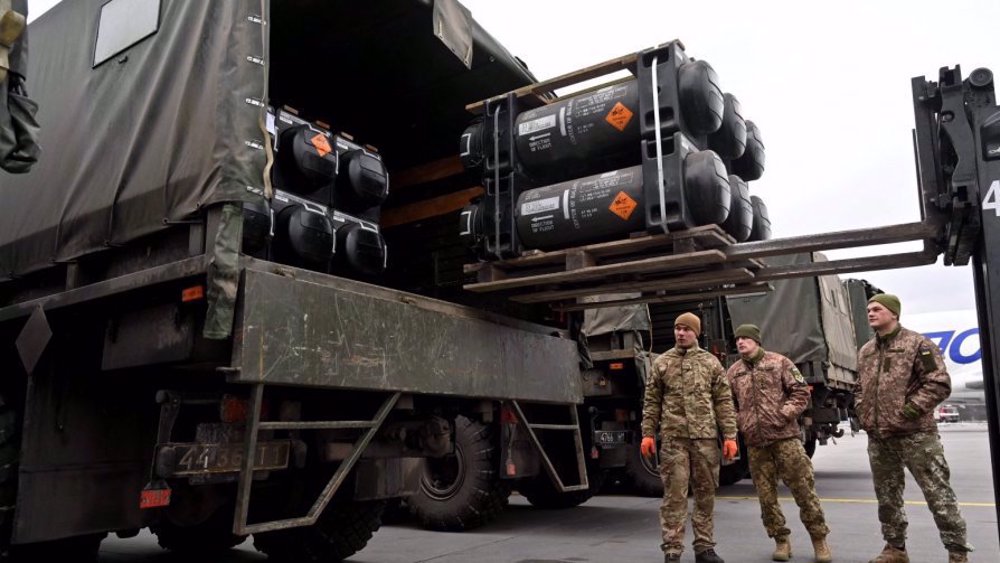
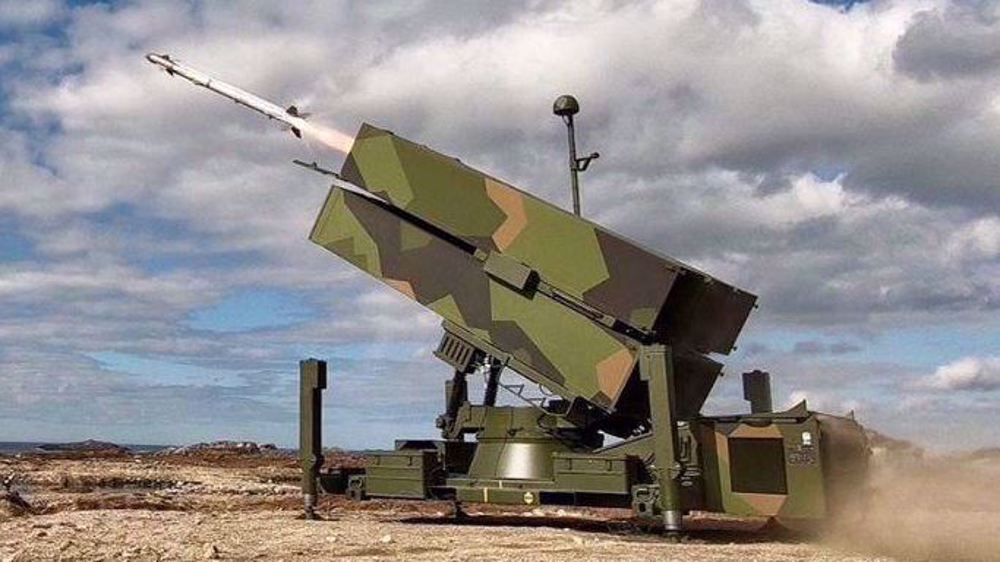
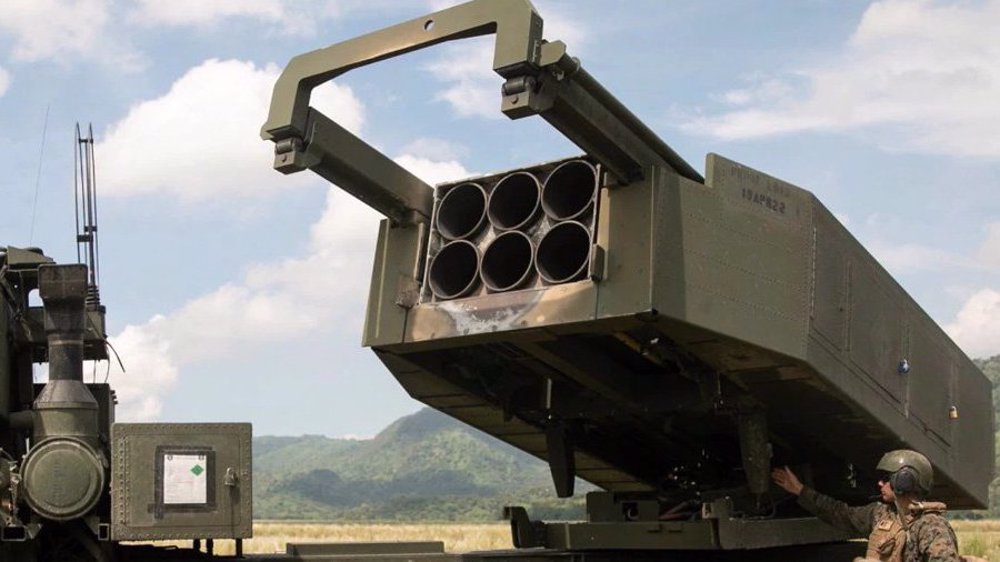
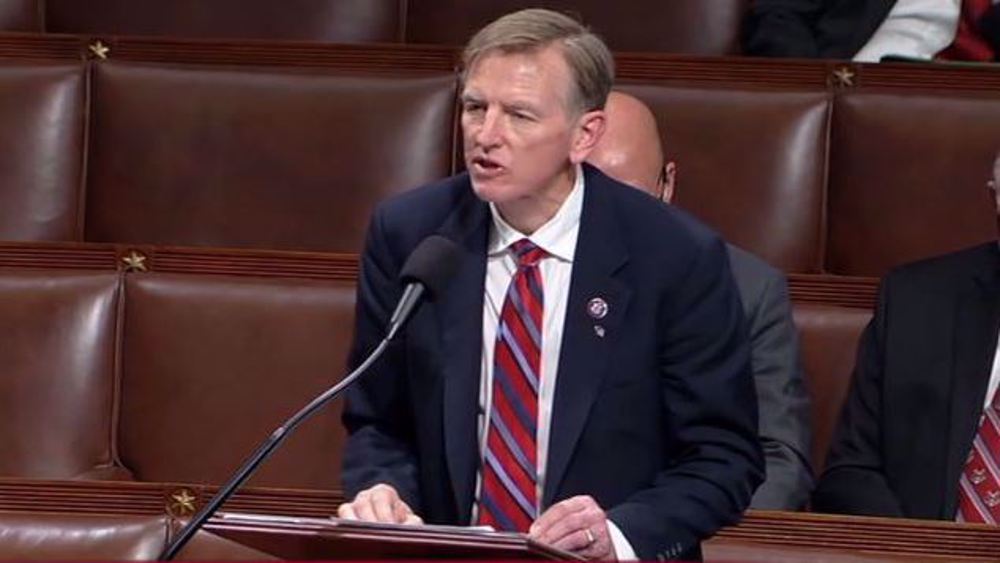
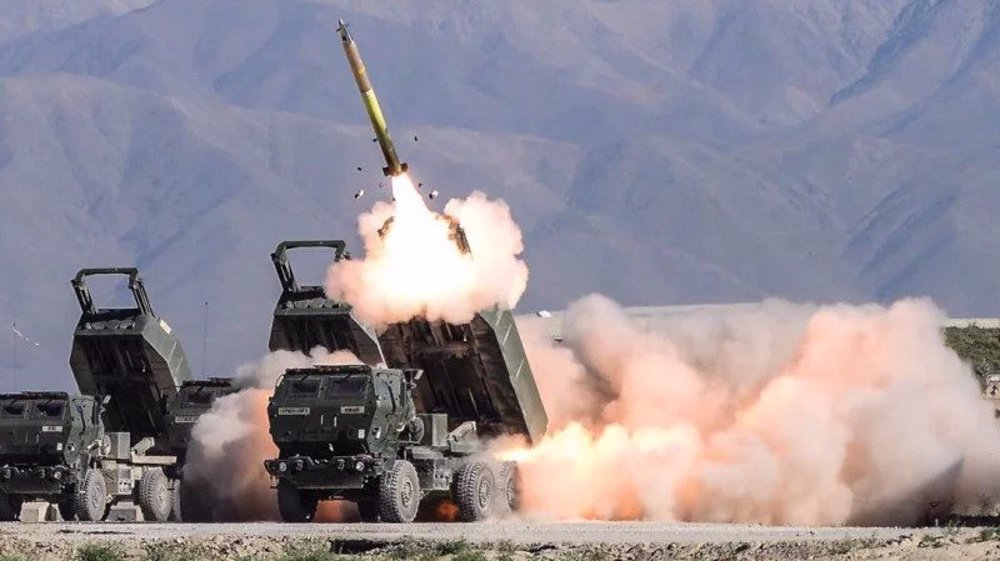

 This makes it easy to access the Press TV website
This makes it easy to access the Press TV website